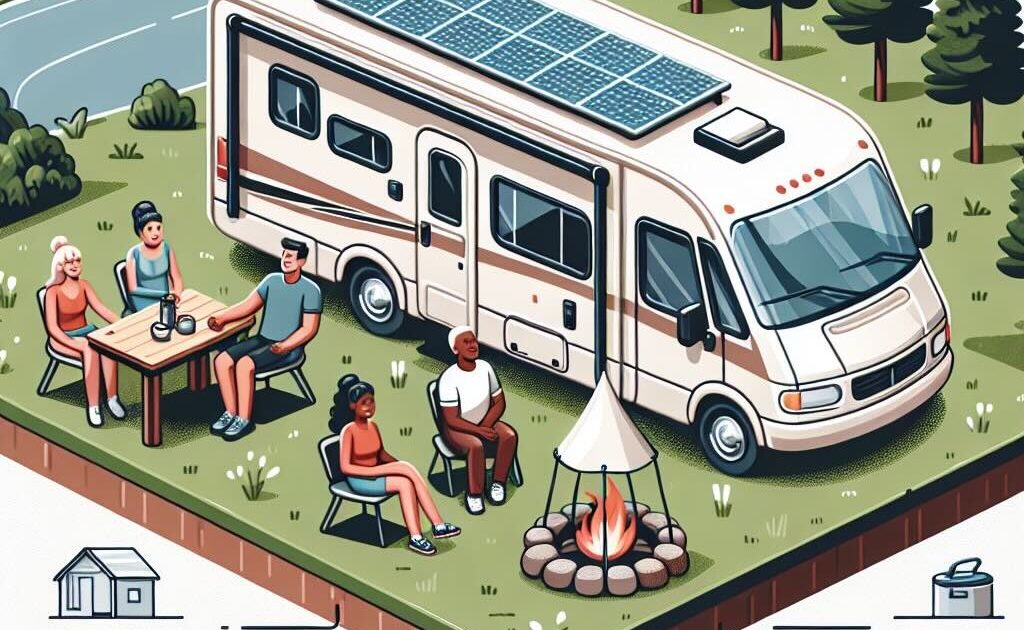Living in a motorhome, also known as RV living, has become an increasingly popular lifestyle choice for many people. Whether it’s the allure of the open road, the desire for a minimalist lifestyle, or the flexibility to travel, more and more individuals and families are considering this way of life. But one of the most common questions is: Is it cheap to live in a motorhome? Let’s explore the various factors that can influence the cost of living in a motorhome.
Initial Costs
The initial cost of purchasing a motorhome can vary widely depending on the type, size, and age of the vehicle. New motorhomes can range from $50,000 to over $200,000, while used ones can be significantly cheaper. Additionally, there are costs associated with outfitting the motorhome with necessary amenities and making any desired customizations.
Ongoing Expenses
- Fuel Costs: Motorhomes are not known for their fuel efficiency. The cost of fuel can be a significant expense, especially if you plan to travel frequently. The average motorhome gets between 8-12 miles per gallon, so your fuel costs will depend on how much you drive.
- Maintenance and Repairs: Regular maintenance is crucial to keep your motorhome in good working condition. This includes oil changes, tire replacements, and other routine services. Unexpected repairs can also arise, which can be costly.
- Insurance: Motorhome insurance is another ongoing expense. The cost of insurance can vary based on the value of the motorhome, your driving history, and the level of coverage you choose.
- Campground Fees: While you can boondock (camp for free) in certain areas, many people choose to stay in campgrounds or RV parks, which can range from $20 to $50 per night. Monthly rates are often available and can be more economical.
- Utilities: Living in a motorhome means you’ll need to manage your own utilities, such as propane for heating and cooking, electricity (if not included in campground fees), and water.
- Food and Groceries: Just like in a traditional home, you’ll need to budget for food and groceries. Cooking in your motorhome can help save money compared to eating out frequently.
Potential Savings
- Housing Costs: One of the biggest advantages of living in a motorhome is the potential savings on housing costs. Without a mortgage or rent, you can save a significant amount of money each month.
- Property Taxes: Motorhome owners typically do not have to pay property taxes, which can be a substantial saving.
- Minimalist Lifestyle: Living in a motorhome often means adopting a minimalist lifestyle. With limited space, you’ll likely buy fewer things, which can lead to overall savings.
Whether living in a motorhome is cheap depends on your lifestyle and how you manage your expenses. While there are significant costs associated with purchasing and maintaining a motorhome, there are also potential savings in housing costs and property taxes. By carefully managing your budget and making smart choices, living in a motorhome can be an affordable and rewarding lifestyle.

